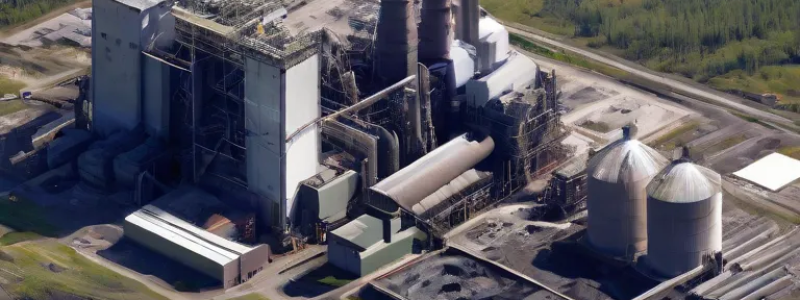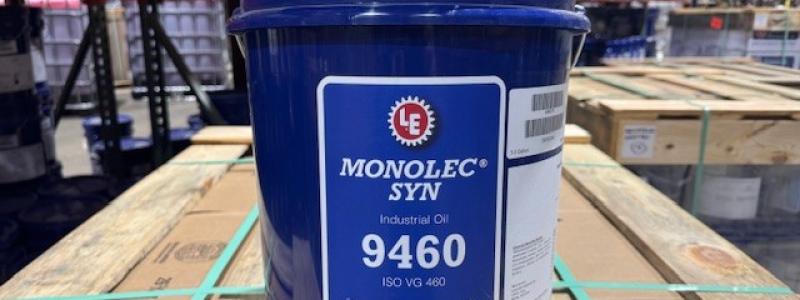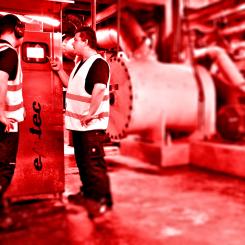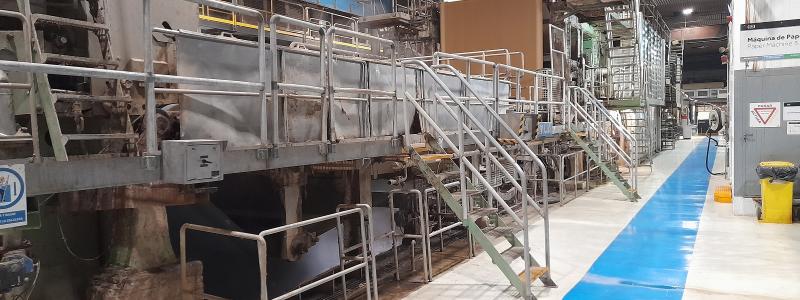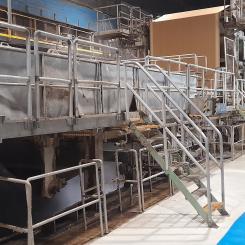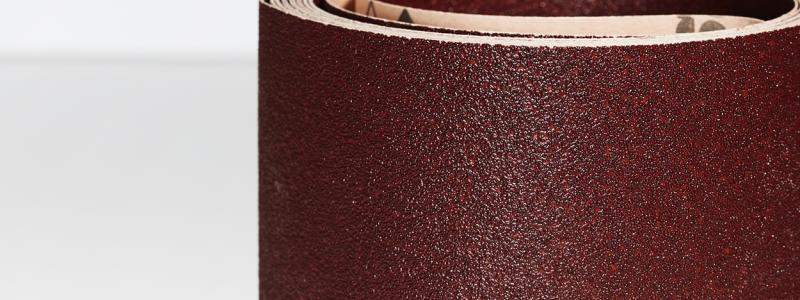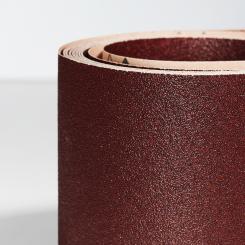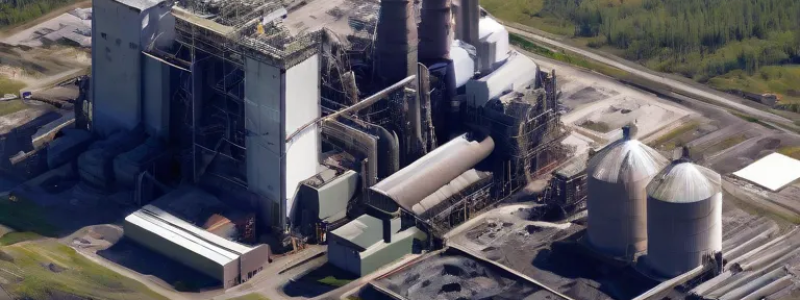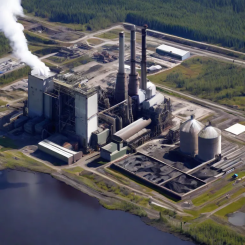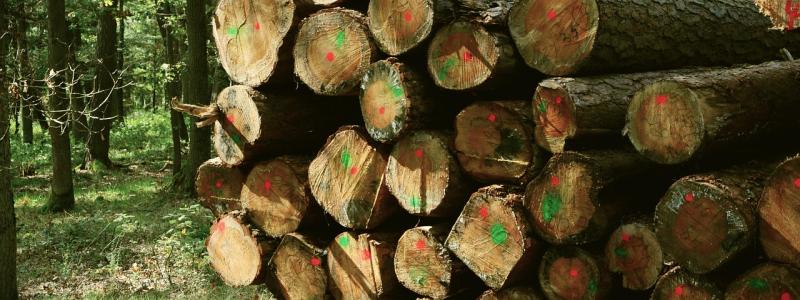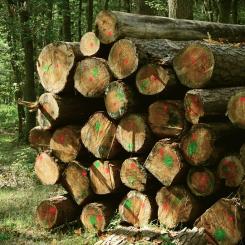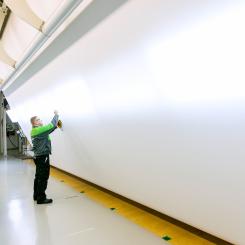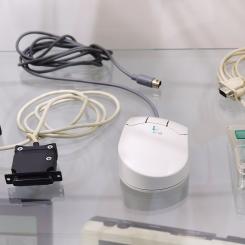Klabin announced that it recently started-up its new pulp mill in Ortigueira, Paraná, Brazil, and on March 4 the company produced the first pulp bale at the “Puma Unit.” The new mill holds Chain of Custody certification from the Forest Stewardship Council.
The new mill's construction was completed in 24 months and on budget, Klabin said. Total investment in the project was R$8.5 billion, which included all facilities, taxes and contractual corrections.
“It was a huge challenge to transform into reality a project of such vast complexity. We executed construction efficiently, safely and agilely while simultaneously investing in training local workers, infrastructure projects and social actions that will contribute to the region's development," said Francisco Razzolini, director of Industrial Projects and Technology.
According to Klabin, the Puma Unit is expected to create 1,400 direct and indirect jobs, considering both the industrial and forestry operations. The mill will have the capacity to produce 1.5 million tons of pulp, with 1.1 million tons of bleached hardwood pulp (eucalyptus) and 400,000 tons of bleached softwood pulp (pine), a portion of which will be converted into fluff pulp.
More than 90% of the new mill's pulp production has already been sold.
Klabin's hardwood pulp is marketed under the brand LyptusCel, while its softwood pulp was christened PineCel.
Klabin's fluff pulp — named PineFluff — will serve the domestic market, which today is an importer of this raw material. Fluff pulp is used to make diapers, sanitary pads and other products.
The new mill will also have two of the largest power generation turbines in the world within the pulp and paper industry. The unit will have generation capacity of 270MW, 150MW of which is surplus (sufficient to power a city with 500,000 people), making Klabin self-sufficient in power generation.
The average supply distance between the forestry operation and the new mill is 72 kilometers, which will ensure the competitiveness and low-cost of wood transportation.







